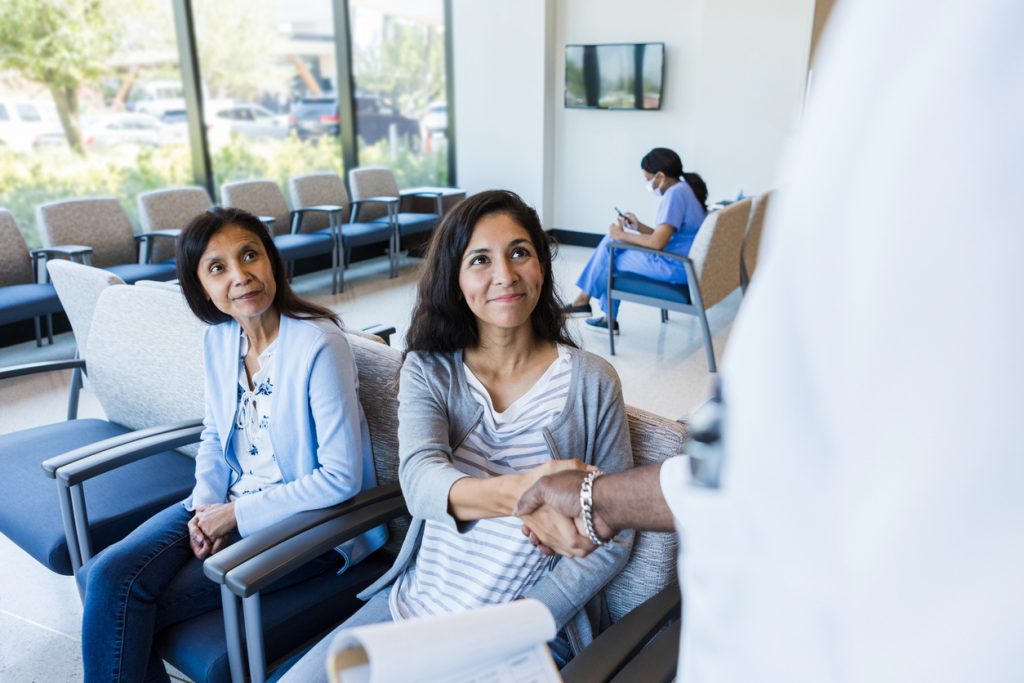Tips to Prepare for Your Doctor’s Visit

RMD Primary Care believes patients should be actively involved in their healthcare. This is especially important when a patient sees a primary care physician as well as specialists. It’s essential that all your doctors are aware of medical treatments recommended by other providers. An average doctor’s visit is 15-20 minutes. To get the most out of that time, a patient needs to be prepared. That way, the patient doesn’t feel rushed, and the doctor can be thorough. It’s frustrating to go home after an appointment and realize there were questions you didn’t ask or concerns that weren’t brought up.
Along with bringing an ID and your insurance card, here are some other tips to help patients prepare for their visit.
Make a List
A list helps people remember the important things. If you are a new patient, write down your medical history, a list of current medications with their dosages, and any over-the-counter supplements being taken. Prioritize your concerns. The list might include any new symptoms to mention, worsening pain, questions about your medications or prescription refills, or any side effects from your current medications. Are there concerns about blood work or test results? Are you due for any vaccines? Are there questions about upcoming medical procedures? Is a referral to a specialist needed? It is easy to forget something when there is not a list.
Update Your Doctor
Tell your doctor about any new prescriptions from other providers. Inform your doctor if you’ve been seen by a specialist, had any recent surgeries by other physicians, or been to the emergency room or been hospitalized. Let your doctor know if there have been recent changes in weight, energy level, sleep habits, mobility issues, or pain. Update the doctor about recent accidents or falls.
All these concerns are important for the doctor to know. Be honest with the doctor about how you are feeling. Give specific details to help explain. These details help the doctor determine the best course of treatment.
Take a Family Member or Friend

A family member or friend may be able to help you remember details. They can remind you to ask questions or relate concerns you might not have mentioned. This person can listen to the doctor’s instructions and take notes, if necessary. They may help you clarify anything that was not understood.
Good communication is key.
A successful doctor’s visit depends on good communication between the patient and the doctor. Don’t withhold information. Your honest input helps the doctor diagnose your condition and determine appropriate treatment. Contact RMD Primary Care to schedule your next appointment.




